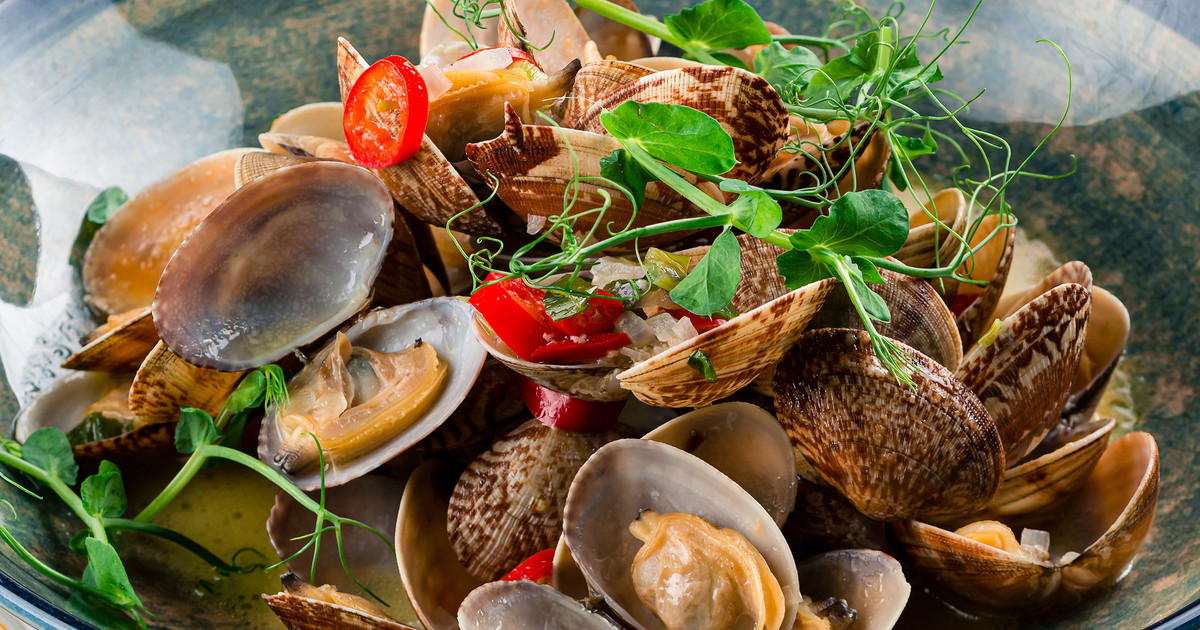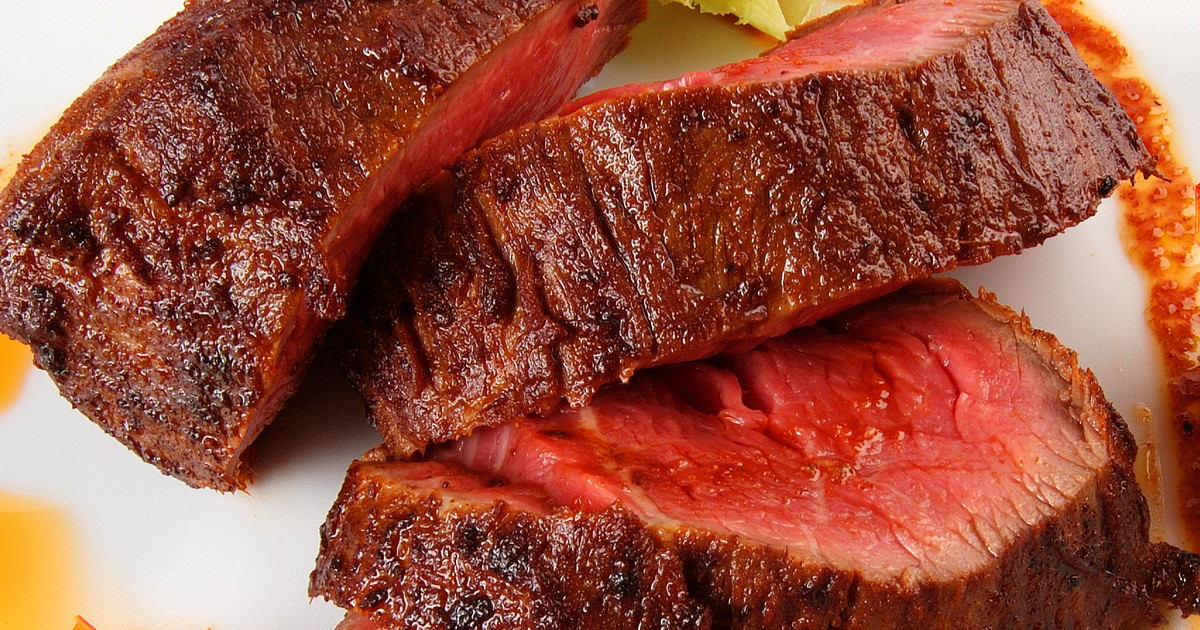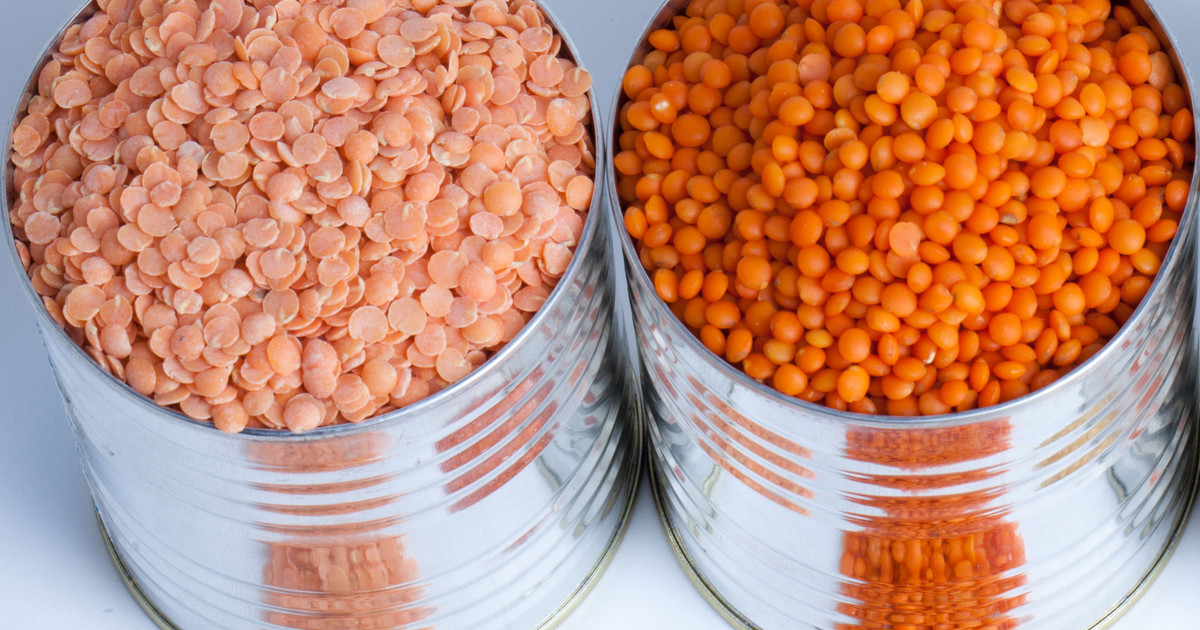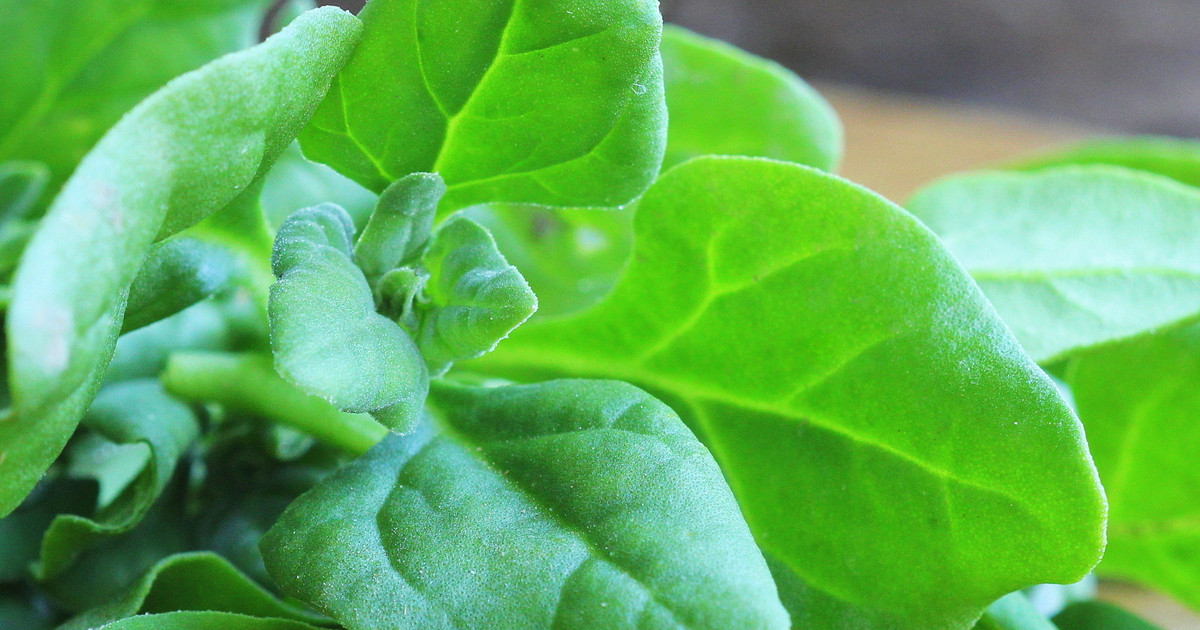Guide To Foods That Cause Gout Flares
Gout is a common form of arthritis. It triggers sudden and severe joint pain and swelling! These episodes are called gout flares, and most patients deal with them at night. The flares affect any joint. However, the most common are the big toes, wrists, ankles, knees, and elbows. Other symptoms include limited range of motion and lasting discomfort following a flare. Gout is caused by a buildup of uric acid in the blood. This causes urate crystals to form around and in the joints. The body makes uric acid as it breaks down purines in food. Thus, consuming a significant amount of purines causes more flares!
Many patients need gout pills to achieve gout pain relief. The most common option is colchicine tablets, though patients also take other uric acid medicines. Of course, maintaining a healthy gout diet is key! This starts by understanding what foods often cause flare-ups of gout.
Shellfish

Shellfish make up a large portion of seafood. Examples include crab, lobster, shrimp, oysters, mussels, and scallops! Shellfish are quite healthy for many individuals, though they are not recommended for gout patients. This is because shellfish contain a significant amount of purines! Purines are a common trigger for gout flares. During a flare, patients must avoid eating all shellfish. Some gout patients can consume limited amounts of shellfish when they are not dealing with a symptom flare. However, they must ask their doctor first! Doctors will recommend the appropriate amounts for them to consume. Most doctors recommend eating seafood with moderate to low purine! Shrimp and oysters are two examples of shellfish with moderate amounts.
Individuals must boil or steam their shellfish when they do consume it. Boiling reduces purines by up to sixty percent! Steaming is not as effective, though it still helps. Freezing causes a slight reduction after ten weeks. Finally, microwaving has no effect on purines! Once again, gout patients must consult their doctor before consuming any shellfish. This will help them manage their risk of a flare!
Uncover more foods that trigger gout flares now.
Veal And Venison

Veal and venison cause gout flares. The reason is that they are both high in purines! Gout patients need to stop eating these meats entirely. They need to eliminate liver and other organ meats from their diet as well. Instead, gout patients need to focus on white meats, such as chicken and turkey. These have fewer purines! Of course, doctors say that gout patients need to limit their meat consumption to four ounces or less daily.
This is, in part, because most individuals eat too much protein. They have to pay attention to how much protein they consume and the source. Most doctors recommend plant-based protein for gout patients! Of course, individuals with gout must still pay attention to the vegetables that they consume. Some vegetables contain high amounts of purines as well! Ideally, patients need to work with their doctor or a nutritionist on their protein intake.
Discover more foods that result in gout flares now.
Alcohol

Alcohol is not healthy for gout patients. In fact, it does more than increase the risk of gout flares. It also increases an individual's risk of developing gout in the first place! Studies indicate that alcohol is the trigger for over fifty percent of symptom flares. This is often due to the purines in alcohol. Beer has the most. In addition, beer contains brewer's yeast, which also increases the risk of gout flares! Wine has fewer purines. However, it still causes the kidneys to get rid of alcohol instead of purines. Thus, it results in more uric acid in the blood! This will cause a symptom flare in one to two days.
Patients need to reduce how much alcohol they consume. This helps keep their uric acid levels low! Women must not drink more than one serving daily. Men can drink two servings daily when they are younger than sixty-five. However, they are limited to one serving after sixty-five years old! One serving, for reference, is twelve ounces of beer. However, this beer must be five percent alcohol by volume! Although these are recommendations, gout patients must talk to their doctor for specific advice. Some patients cannot drink any alcohol!
Get more information on foods that cause gout flares now.
Lentils And Kidney Beans

Lentils and kidney beans contain more purines than many other legumes. Thus, many gout patients have been told to avoid them! However, recent research shows that patients can safely consume some lentils and kidney beans. They are plant-based protein and do not increase the risk of gout flares as much as meat! This is because they do not have as much purines. Of course, lentils and kidney beans cannot be an individual's only sources of protein. Patients must eat a variety of different proteins for the best benefits!
There is still a risk of gout flares due to lentils and kidney beans. Patients need to watch their serving sizes and numbers! One serving is a half cup of cooked kidney beans or lentils. Patients can safely eat a few servings in a week. Of course, they also need to consider other legumes. Pinto beans and chickpeas are both low in purines!
Reveal more foods that cause flare-ups of gout now.
Spinach

In certain cases, spinach triggers gout flares! This is because one serving of spinach contains fifty-seven milligrams of purines. One serving, for reference, is one hundred grams. Most nutritionists consider this a moderate amount of purines! Thus, some experts believe that gout patients must limit their spinach consumption. However, recent evidence indicates that individuals with gout can still consume some spinach safely. The reason is that spinach does not have nearly as many purines as meat. Thus, there is more flexibility!
Of course, gout patients must watch their portions of spinach. A good start is to replace meat with spinach. Thus, patients can have a side salad with spinach instead of more meat! Spinach is also a good addition to soups and other recipes. Adding spinach in these ways helps with portion control! Patients will benefit from consulting a nutritionist about safely eating spinach when they have gout.